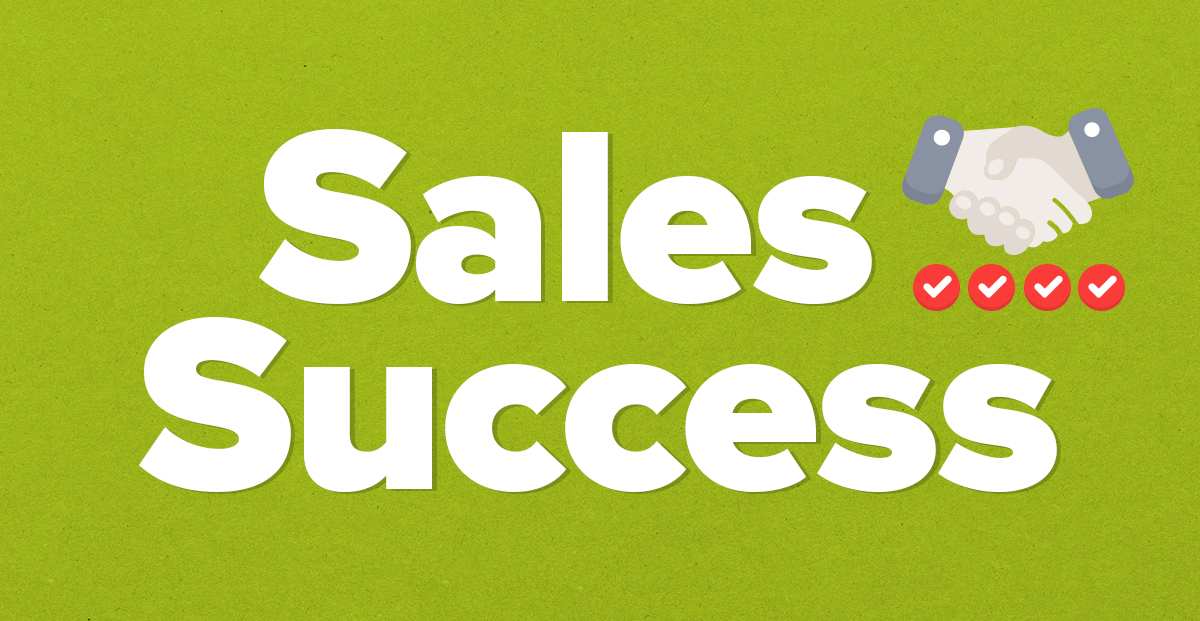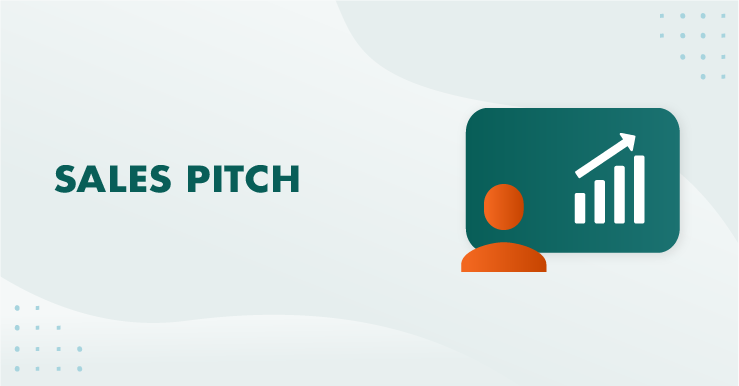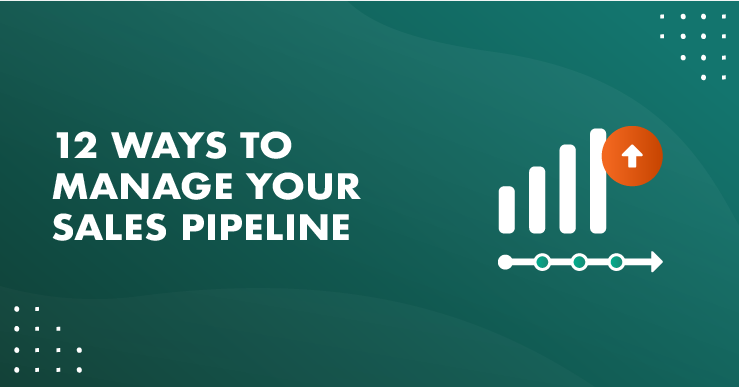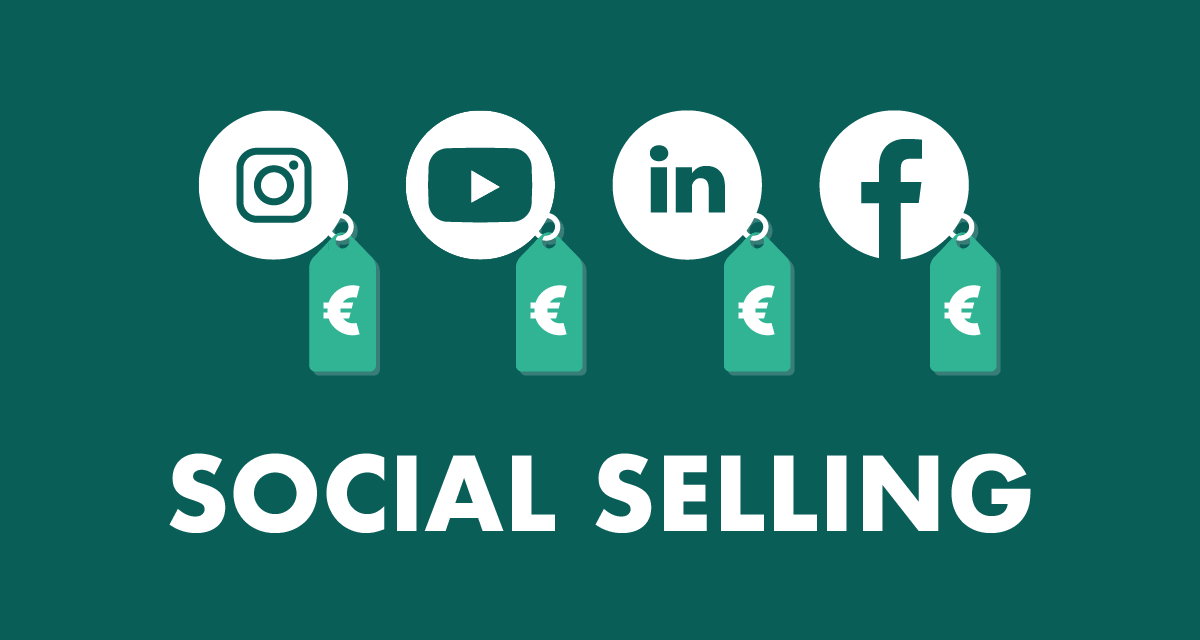Post summary:
- Why companies are turning to CRM?
- Increased investment in CRM-related technology
- 5 ways to close more deals with CRM software
Business is all about relationships.
But dealing with multiple people requires keeping track of countless interactions.
And all these interactions can occur at different stages of the sales pipeline.
It’s a challenge that many businesses face.
And this is why more and more companies are turning to Customer Relationship Management (CRM).
CRM can be one of your most valuable assets.
In fact, a study by Forbes and Brainshark last year found that 55% of top-performing companies are now investing in sales enablement technology like CRM software.
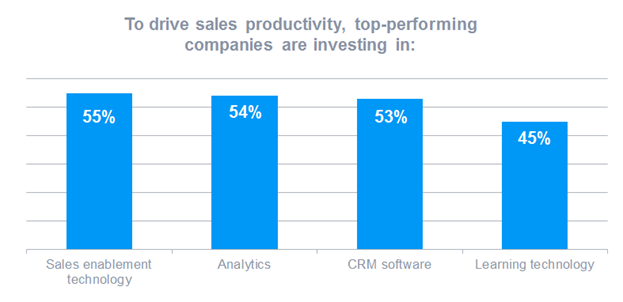
That rise shows no signs of slowing down:
Gartner estimates that the worldwide CRM market is now worth $30 billion, projected to reach $80 billion by the end of 2025.
Increased investment in CRM is a direct reflection of its ability to drive sales and return on investment. Even so, the software will only be as impactful on revenue as users make it.
To help show you valuable CRM can be for sales teams, we’ve put together five ways to close more deals with CRM software.
Let’s get started.
1. Spend less time entering data
Perhaps CRM software’s greatest ability — from the perspective of salespeople who want to spend more time working with prospective customers and less time on menial tasks — is its aptitude for automated data entry.
Rather than manually reporting every lead captured at a trade show or through webinar signups, CRM software with built-in web forms and list importing tools can record that data automatically. This gives your sales team more time to work directly with customers and nudge them towards a sale. It also improves your ability to quickly follow-up with leads.
2. Get your timing down
Timing can often make the difference between closing a deal and losing a deal. Knowing where a potential buyer stands in relation to a final sale should influence when and how you engage them. Some prospects will only be interested in gathering information and comparing options, while others are ready to get a price quote and iron out a contract. It’s a delicate balance.
CRM software can keep your reps from being too eager or waiting too long to develop a lead. By illustrating the sales pipeline and showing a prospective customer's place on it, your team will know whether or not it is time to engage. With most platforms, you can create custom stages based on level of qualifications such as inquiry, lead, Marketing Qualified Lead (MQL), Sales Qualified Lead (SQL) and opportunity.
3. Use analytics to improve your strategy
CRM software isn’t just used to store customer information. It’s also an advanced reporting tool that sales teams can use to track sales performance and adjust their tactics, when necessary. Most CRM solutions come with a variety of built-in reports, which may include:
- Profitability and revenue
- Financial forecasting
- Sales cycle reports
- Win/loss reports
- Progress to goal
By keeping an eye on these metrics, you can isolate weaknesses and bottlenecks in your sales process.
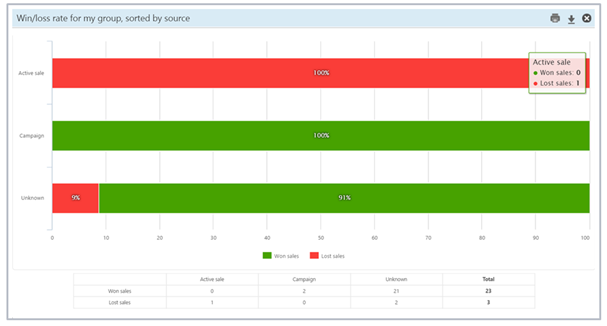
For example, your incoming MQL volume is high, but your conversion rate to SQLs is low. This could be time for a conversation between sales and marketing about lead nurturing strategies.
And marketers can use these analytical tools to track their attributed revenue and see which marketing campaigns generate the most new customers.
4. Know your buyers’ needs
Intuition can only take a salesperson so far. CRM software can show you not only when a customer is ready to buy, but also the best way to engage them. This is especially true when your CRM is integrated with a marketing automation platform: metrics collected during the pre-sale stages can help your reps deploy their skills more strategically to close a deal.
This data can provide insight about where a prospect sits in the sales pipeline, what channel they came from, what materials they have read or downloaded, and which techniques (such as science-based selling) have or have not been successful in the past.
5. Build better relationships with customers
CRM software is a highly-effective tool for improving relationships between your company and its customers. Although the business world has grown increasingly digital, people will always be inclined to buy from a company that they know, and that knows them.
As American Express reports, “Three out of four consumers say they have spent more with a company because of a history of positive customer service experiences,” whereas over half of consumers “intended to conduct a business transaction or make a purchase, but decided not to due to a poor service experience.”
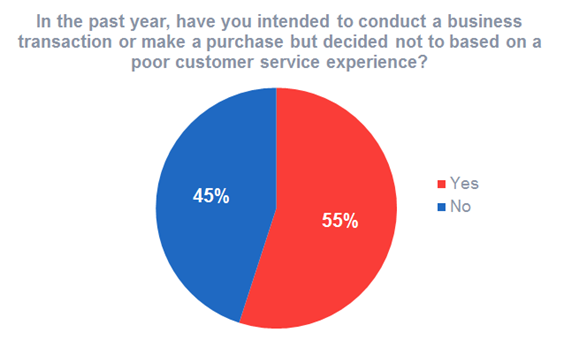
Clearly, an understanding of the modern buyer and their needs is key to making B2B sales.
That’s just as true for new buyers as it is for current customers during cross-sell and upsell attempts.
As a customer database, your CRM can hold information that will prove invaluable for understanding buyers — digital body language, communication logs, purchase history, company data, and source attribution.
All of this can be put to use by sales staff to develop a better understanding of customers, improve customer experience, and close more deals.
Conclusion
The traditional way to close a deal has always been the handshake, but as your business grows, you need tools that help you scale.
Understanding your customers, knowing when a prospect is ready to close, and giving sales teams enough data to make intelligent decisions are keys to effective selling. The right CRM platform will support all three of these.
How do you use CRM software to close more deals?
Feel free to share any tips you have in the comment section below.
